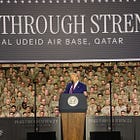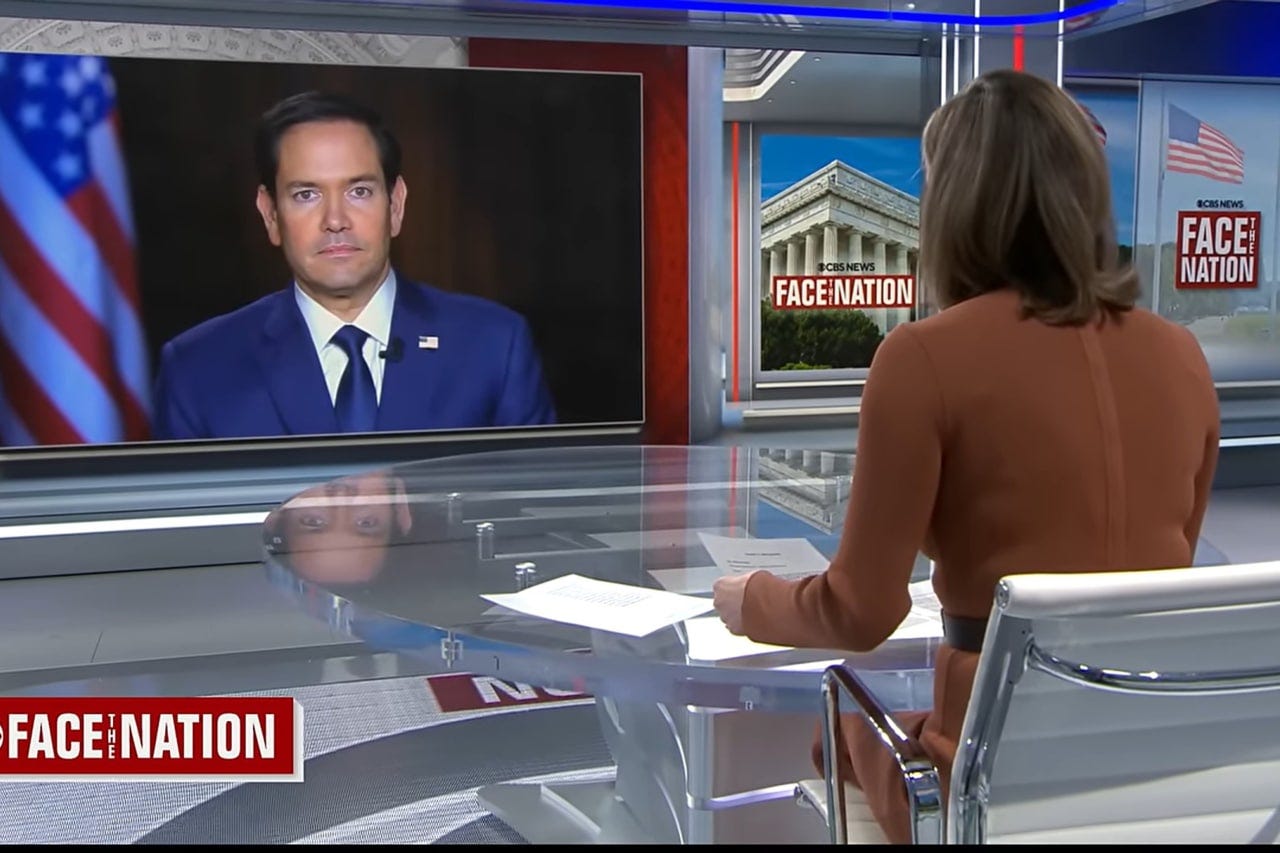Why U.S. Intelligence Has Been So Wrong About Iran’s Nuclear Weapons Program
A leaked DIA report downplaying Iran strike damage is the latest example of politicized intel, aimed at undermining Trump and shielding Tehran’s nuclear ambitions.
Don’t miss my summation of Trump’s Iran victory, available for FREE.
NOTE: My friend Fred Fleitz is a former Trump National Security Council Chief of Staff, a former CIA analyst, and a former senior staffer with the House Intelligence Committee. He knows this topic better than most.
And to his must-read assessment, I would just add this: if there were any reasonable chance Trump is wrong about the level of destruction at Iran’s nuclear sites, don’t you think Benjamin Netanyahu would be screaming for the B-2s to return? — RDM
by Fred Fleitz
June 27, 2025
The recent Defense Intelligence Agency (DIA) assessment claiming that the U.S. bombing of Iran set the country’s nuclear weapons program back only a few months was irresponsible and probably intended to undermine President Trump’s foreign policy. This assessment was written to be leaked to the press and reflected a long pattern of politicized intelligence analysis to undermine Republican presidents.
The DIA assessment was a fraud and an abuse of intelligence to produce a high-profile assessment that deliberately misrepresented the outcome of the U.S. attack and helped the president’s political adversaries use the bombings to hurt him politically.
Not surprisingly, this assessment was quickly leaked to the press.
A low-confidence assessment, like the DIA analysis issued 24 hours after the bombings, was not credible because a battle damage assessment of the bombing of Iran’s Fordow, Natanz, and Isfahan nuclear sites will be complicated and probably take weeks or months of intelligence collection and analysis by dozens of experts and other intelligence agencies. But the DIA assessment followed similar efforts by U.S. intelligence agencies and the left to deny that Iran had a nuclear weapons program.
Last weekend, Secretary of State Marco Rubio did an extraordinary interview with Margaret Brennan on CBS’s Face the Nation that hinged on the misleading way U.S. intelligence agencies have long framed Iran’s nuclear weapons program.
Brennan demanded that Rubio tell her what intelligence the Trump administration had indicating that Iranian Supreme Leader Khamenei ordered the construction of nuclear weapons. She claimed the U.S. Intelligence Community had not seen such intelligence and that this was a crucial element of its analysis of Iran’s nuclear weapons program.
Rubio dismissed Brennan’s question as irrelevant because Iran’s extensive nuclear weapons-related work indicates it intends to make nuclear weapons. Rubio told Brennan, “We have intelligence that they have everything they need to build a nuclear weapon, and that’s more than enough.” He cited nuclear weapons activities such as enriching uranium to 60% — a level with no peaceful purpose—and building a uranium enrichment facility deep inside a mountain.
Prior to 2007, the U.S. Intelligence Community had assessed that Iran had a nuclear weapons program. But in November 2007, fearing that President Bush might order an attack on Iran’s nuclear program, a National Intelligence Estimate (NIE) was published by the National Intelligence Council that found Iran’s nuclear program was halted in 2003 and Iranian leaders had not made a decision to resume weaponization efforts and construct a nuclear weapon.
The NIE’s conclusion was a deceptive argument.






